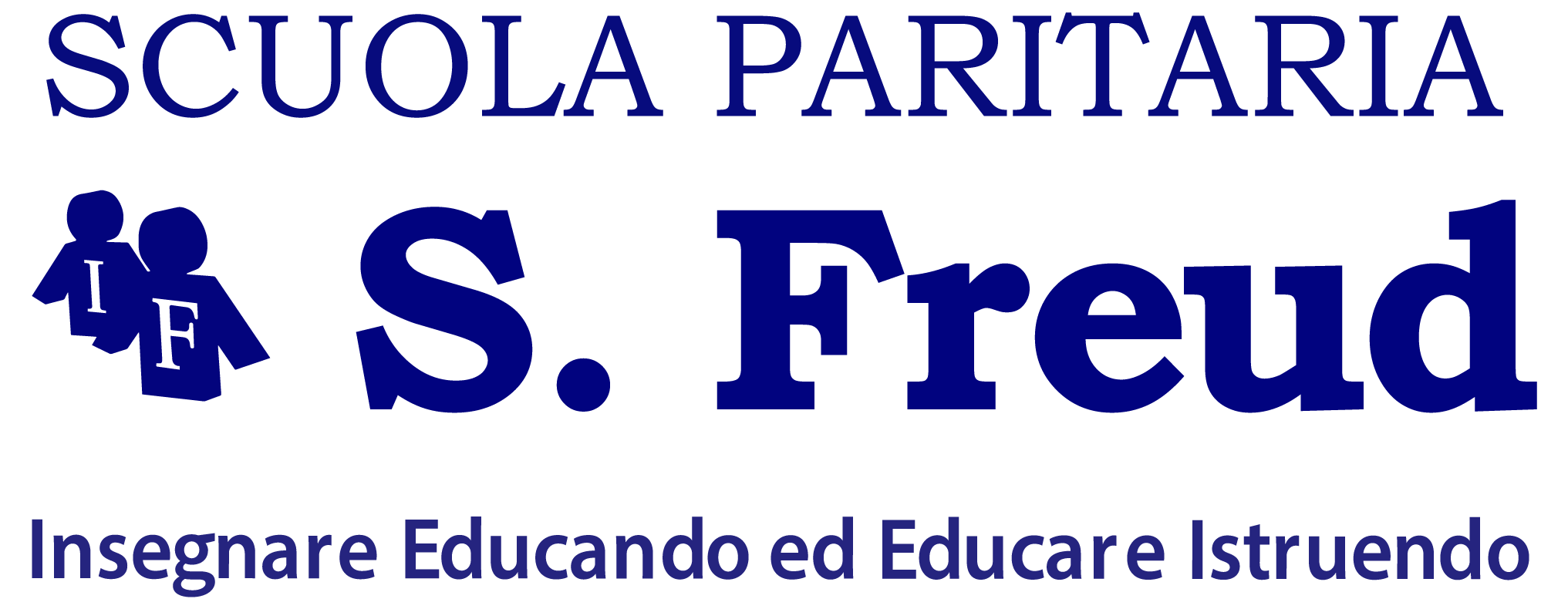5 maggio 2023
The Legal Representative as well as founder of the S. Freud Private School, Dr. Daniele Nappo, demonstrates how public schooling turns out to be a monopoly while the choice to attend an equal school is still the preserve of a few. Many families choose the public school instead of the equal privateschool because they are frightened by the cost of tuition.
In Italy, parents are denied the freedom to be able to choose the education for their children: schooling is a monopoly of the state; families who choose the paritarian school are limited by the costs they have to bear for tuition. We need to intervene with political actions that are open to educational pluralism, that is, an autonomous state school and a free parochial school, ensuring a quality system as the only passport to the future. We are living in an era marked by uncertainty and precariousness, post-Covid with fears never before experienced. A society that claims rights, does not contemplate duties. Young people must be free to choose schooling, whether equal or state, without obstacles. The few families who prefer the paritarian must submit to the injustice of paying tuition and, at the same time, fees for a service (state public school) that they do not enjoy. Fortunately, over the years the barrier of ideology has fallen, we have learned to distinguish between "private" and "equal" schools that perform a public service even if the administrator is private. Europe has reminded us that public character comes not from who runs the service, but from who benefits from it. Broken down the prejudice that the public parity school profits, thanks to the identification of the Average Student Cost. Every year the Ministry publishes the average cost for the student's education service, here is the circular January 30, 2023; preschool (7,088 euros), primary (7,164), middle (7,200), high school (7,129). These figures are not required by the vast majority of peer institutions; often the fees are much lower. Lombardy has introduced measures to support educational plurality, such as the Dote Scuola. Disabled people enrolled in paritarian institutions reached 15,350 in 2018/2019, 11.8 percent of the 866,500 pupils in non-state institutions. In 2013-2014 there were 11,862 (1.2%) and 15 years earlier 7,536 (0.8%). Here the universal positive purpose of parity schools is demonstrated.


